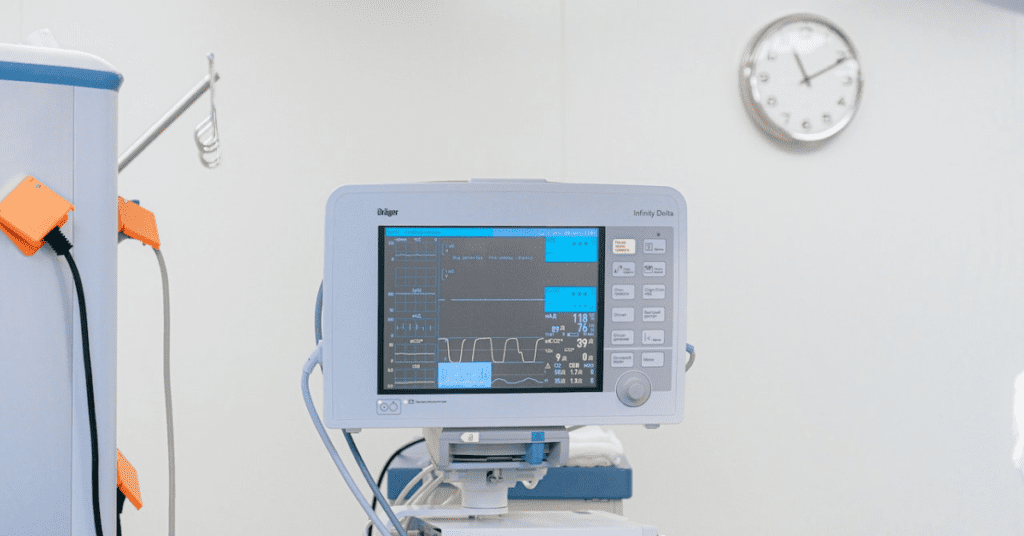If you’ve ever thought about working in a medical or dental instrument profession, now is an ideal time to start exploring your options. With the healthcare industry continuing to grow and innovate, there are countless job opportunities available in medical/dental instruments. From designing advanced imaging devices to creating custom orthotics for patients, this field offers a wide range of exciting challenges and career paths that can take you around the world. But exaclty how many jobs are available in medical/dental instruments?
According to the Bureau of Labor Statistics (BLS), there are over 300,000 jobs available in medical/dental instruments, in the United States.
In this blog post, we’ll explore some of the most popular and best paying jobs in medical/dental instruments. Read on to find out more about how you can start carving out your own path within this rapidly-growing sector.
What are medical/dental instruments?
Medical and dental instruments are tools or devices used to diagnose, treat, or prevent medical/dental conditions. These instruments can range from simple hand-held items such as tweezers and scissors to complex digital imaging machines like X-ray scanners and MRI machines. Medical/dental instruments help doctors identify problems quickly and accurately, allowing them to provide the best treatment for their patients.
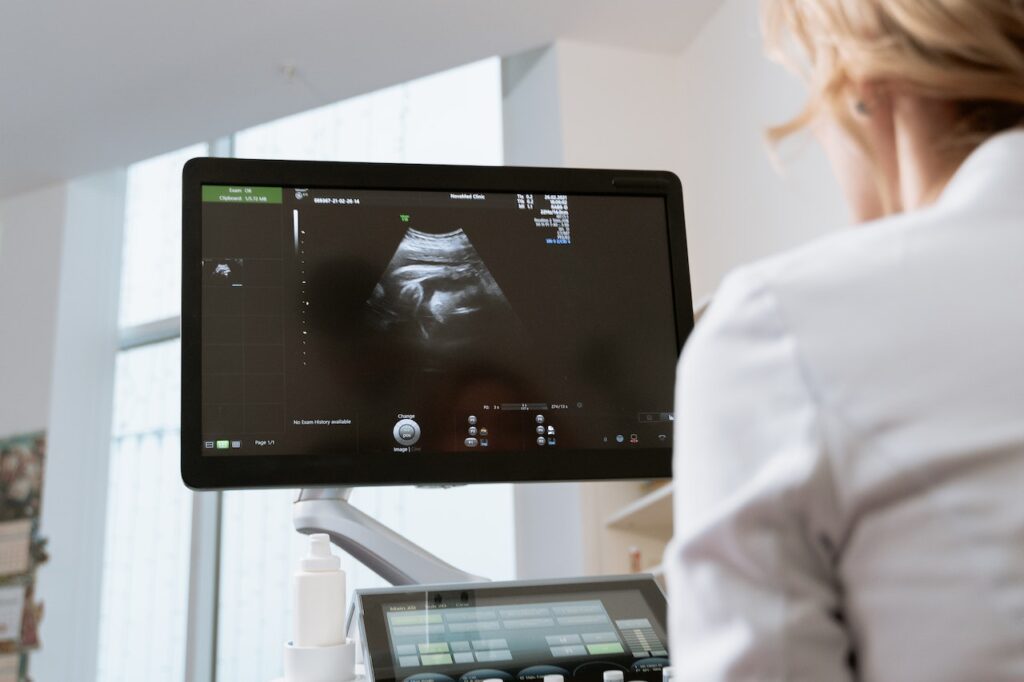

Common medical instruments include stethoscopes, otoscopes, and forceps. Dental instruments include probes, mirrors, and scalers. Proper cleaning and maintenance of these devices are important to ensure they last as long as possible and function correctly. Instruments must also be sterile before each use to prevent cross-contamination and other health risks.
Is medical/dental instruments a good career path?
With a range of career options available in the medical/dental instruments field, it can be difficult to decide what’s right for you. It is important to consider your skillset, interests, and goals when deciding if a career in medical/dental instruments is the right choice.
Medical and dental instruments can be a good career path for individuals who are interested in the healthcare industry and have a passion for technology and engineering. This field involves designing, developing, and manufacturing equipment used in medical and dental settings, such as surgical instruments, imaging devices, and diagnostic equipment.
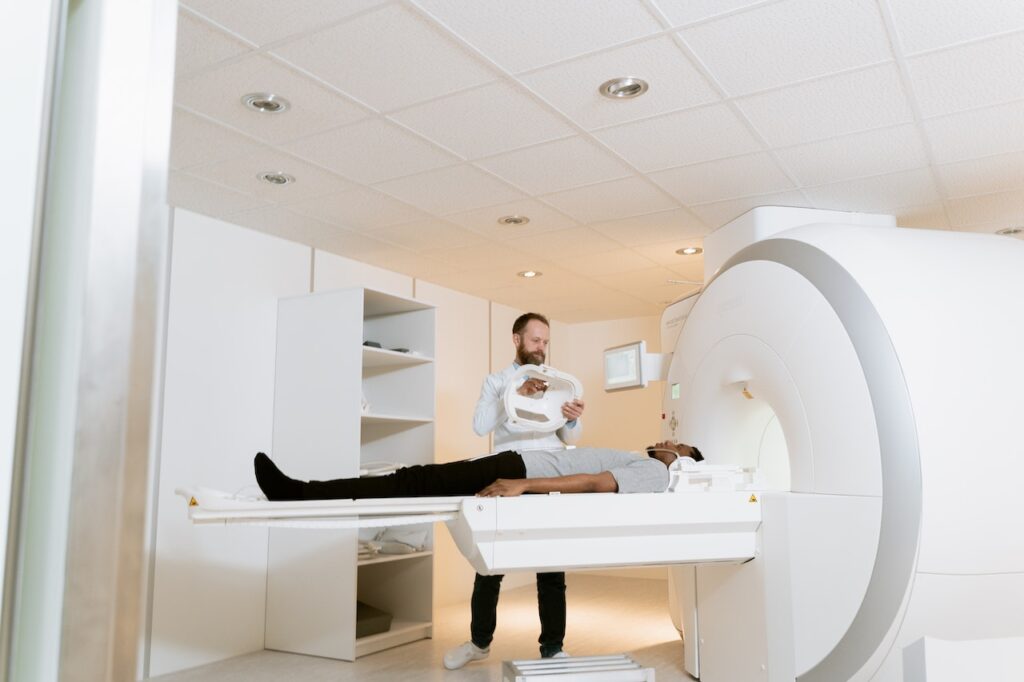

There are various roles in this field, including research and development, product design, quality control, manufacturing, and sales. Individuals with skills in engineering, mechanics, and technology, as well as those with a strong understanding of medical and dental practices, may find this career path to be a good fit.
There is a growing demand for medical and dental instruments, particularly as healthcare technology continues to advance. According to the U.S. Bureau of Labor Statistics, employment of biomedical engineers, which includes those involved in medical instrument design, is projected to grow 5 percent from 2020 to 2030, which is about as fast as the average for all occupations.
Best paying jobs in medical/dental instruments
Orthopedic Technician
Average salary: $45,323
An Orthopedic Technician is a healthcare professional who assists orthopedic surgeons and other medical professionals in the treatment of musculoskeletal injuries and conditions. They work under the direction of physicians to help diagnose and treat a variety of orthopedic conditions, including fractures, dislocations, and other injuries to bones, joints, and muscles.
Medical Device Sales Representative
Average salary: $64,433
A medical device sales representative is a professional who sells medical devices and equipment to healthcare facilities, such as hospitals, clinics, and laboratories. Their primary responsibility is to promote and sell their company’s products to medical professionals, such as doctors, nurses, and laboratory technicians.
Dental Technician
Average salary: $44,114
A dental technician is a healthcare professional who creates dental prosthetics and appliances, such as dentures, bridges, and crowns, based on the specifications provided by dentists and dental specialists. Their work is an essential part of the dental care process, as they provide custom-made dental restorations that help improve patients’ oral health and appearance.
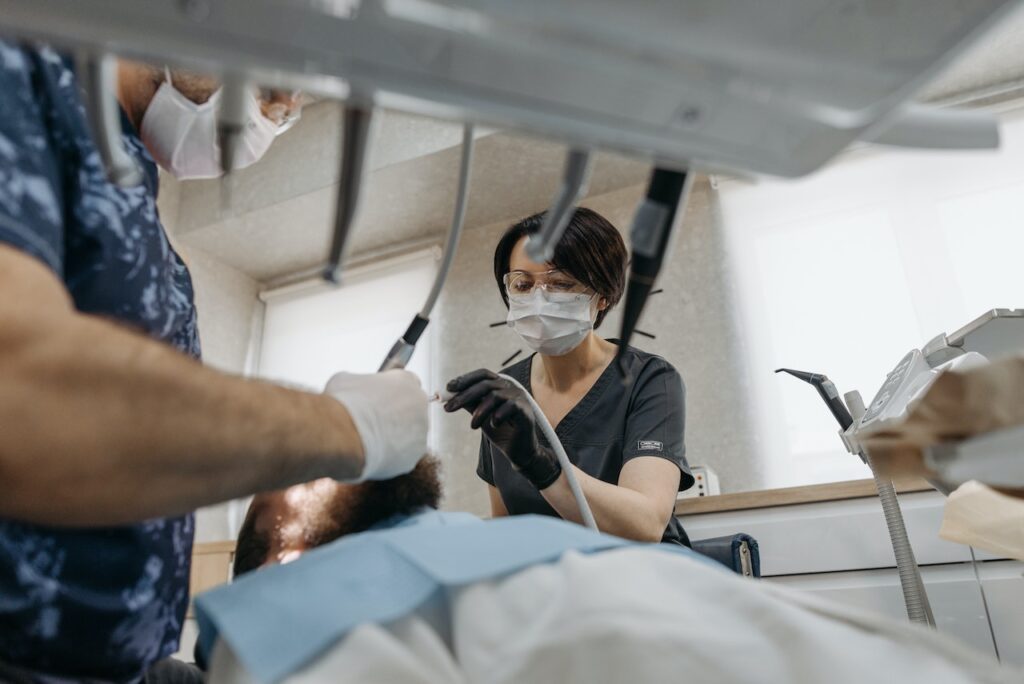

Health Information Technician
Average salary: $44,720
A Health Information Technician (HIT) is a healthcare professional who is responsible for managing and organizing patient health information data. HITs work with electronic health records (EHRs) and other healthcare databases to ensure the accuracy, completeness, and security of patient health information.
Medical Office Manager
Average salary: $52,082
A Medical Office Manager is a healthcare professional who oversees the day-to-day operations of a medical office, clinic, or other healthcare facility. Their primary responsibility is to ensure that the medical office runs smoothly and efficiently, providing patients with high-quality care and services.
Clinical Research Coordinator
Average salary: $52,616
A Clinical Research Coordinator (CRC) is a healthcare professional who manages clinical research trials and studies. Their primary responsibility is to ensure that clinical trials are conducted in compliance with regulatory requirements and the study protocol, while maintaining the safety and welfare of study participants.


Medical Biller
Average salary: $36,718
A Medical Biller is a healthcare professional who is responsible for submitting and managing insurance claims and billing patients for medical services. Their primary responsibility is to ensure that healthcare providers are reimbursed for the services they provide to patients, while also ensuring that patients understand their financial responsibilities and are billed accurately and appropriately.
Medical Coder
Average salary: $51,454
A Medical Coder is a healthcare professional who assigns standardized codes to medical diagnoses, procedures, and services. These codes are used for medical billing and reimbursement purposes, as well as for data collection and analysis in healthcare research and quality improvement initiatives.
Medical Receptionist
Average salary: $29,788
A Medical Receptionist is a healthcare professional who works in a medical office, clinic, or hospital and is responsible for managing front desk duties, such as greeting and registering patients, answering phone calls, and scheduling appointments. Their primary responsibility is to provide excellent customer service to patients and visitors while also ensuring that the medical office runs smoothly and efficiently.


How many people are employed in the medical/dental instruments industry?
The medical and dental instruments industry employs more than 500,000 people in the United States alone. This number is growing rapidly as the demand for new technologies and innovative products continues to increase. The majority of those employed in medical/dental instrumentation are skilled workers like technicians and scientists who design and assemble complex tools such as endoscopes and other specialized devices. There are also many administrative positions associated with medical/dental instrumentation that help keep track of vital records and provide customer service assistance.
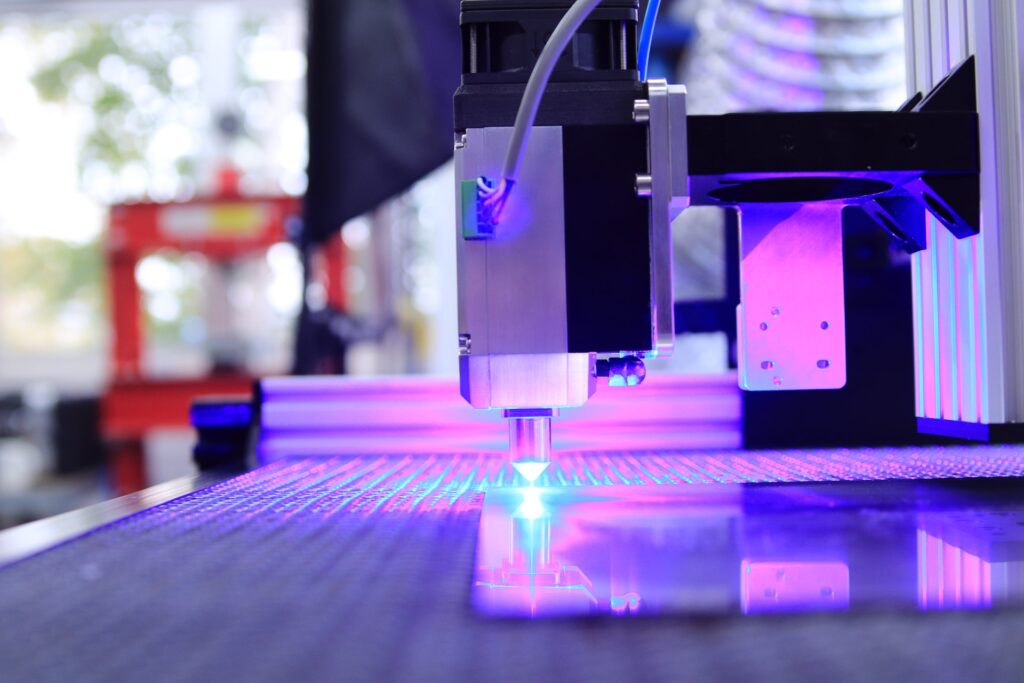

In addition, medical/dental instrumentation manufacturers are often engaged in research and development activities to create new devices, materials, or services that can improve patient outcomes and reduce costs. This type of research requires a wide range of knowledge and expertise, from the use of advanced technologies like 3D printing and CAD, to the understanding of biomaterials. As technology continues to evolve, medical/dental instrumentation will remain an ever-evolving field of work.
3 largest medical/dental instruments companies in the US
The three largest medical/dental instruments companies in the US are Johnson & Johnson, Henry Schein Inc., and Danaher Corporation.
Johnson & Johnson


Johnson & Johnson is a multinational company with headquarters in New Brunswick, NJ. It produces medical devices and supplies such as wound care products, orthopedic implants, hearing aids, catheters, and sutures. It was founded in 1886 and has since become one of the most recognizable healthcare brands around the world.
Henry Schein


Henry Schein Inc., based out of Melville, NY specializes in providing medical equipment to dental professionals and veterinary practices. They also offer technology solutions for patient engagement services and practice management software. Founded in 1932 by its namesake Henry Schein, the company has grown to become the largest distributor of healthcare products in North America.
Danaher


Danaher Corporation is revolutionizing the medical and dental instruments industry. Founded in 1969, Danaher has grown to become one of the world’s biggest and most innovative manufacturers of specialized instruments. Their designs are intuitive to use yet have advanced capabilities that help make precision treatments available to a wider range of patients. The company operates in four segments: Life Sciences, Diagnostics, Environmental & Applied Solutions, and Dental.
FAQs
Q1: What qualifications do I need to apply for a job in medical/dental instruments?
Generally, most jobs in medical/dental instruments require at least a Bachelor’s degree in science, engineering or medicine. Depending on the position you are applying for, additional certifications or licenses may be required.
Q2: What job are available in medical/dental instruments?
Jobs in medical/dental instruments include Design Engineer, Quality Control Technician, Research Scientist, Production Supervisor, etc.
Q3: What kind of working environment can I expect for a job in medical/dental instruments?
Depending on your job title, the working environment for a job in medical/dental instruments may include laboratories, manufacturing facilities, hospitals or research centers. Generally speaking, you can expect to work within a team and use specialized equipment and technology to develop, test and manufacture medical instruments or components.
Q4: How Many Jobs Are Available In Medical/Dental Instruments
The number of jobs available in the medical/dental instrument field depends on a variety of factors, including location, industry demand, and experience. According to the U.S. Bureau of Labor Statistics (BLS), there are over 300,000 people employed in medical/dental instruments.
Conclusion
In conclusion, the field of medical and dental instruments offers a wide range of job opportunities for individuals with a passion for technology and healthcare. As the demand for advanced medical equipment and technology continues to grow, there is an increasing need for skilled professionals in areas such as research and development, product design, quality control, manufacturing, and sales.
According to industry reports, the medical device industry is expected to continue growing, with a projected global market size of over $600 billion by 2025. This growth is likely to result in an increase in job opportunities for those seeking a career in medical/dental instruments.

